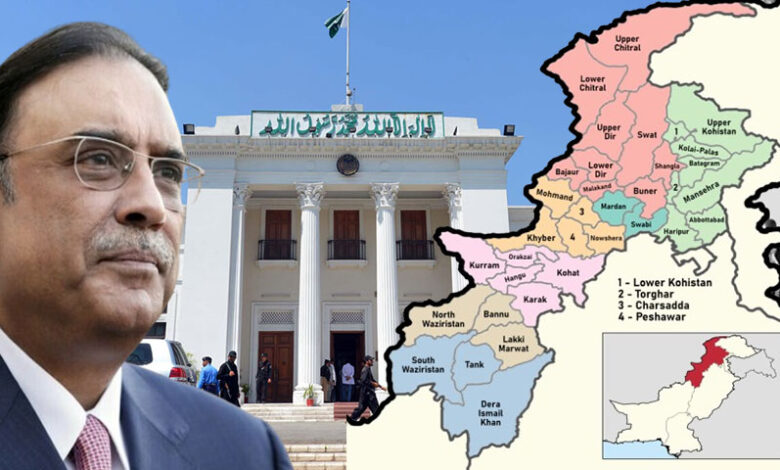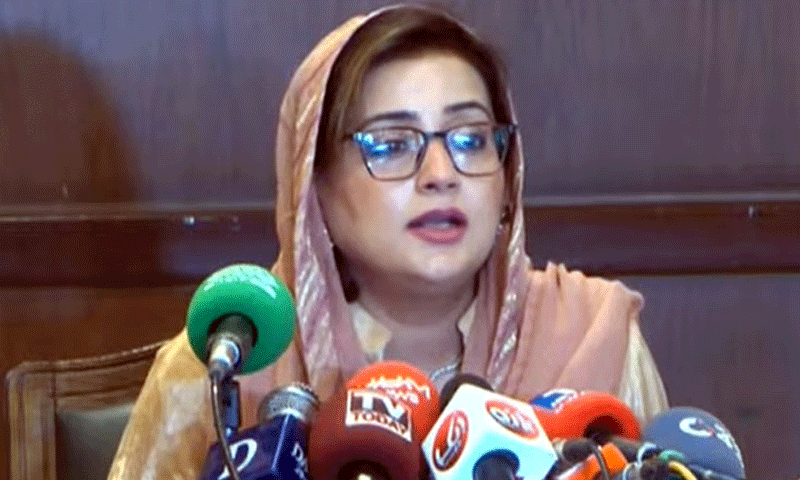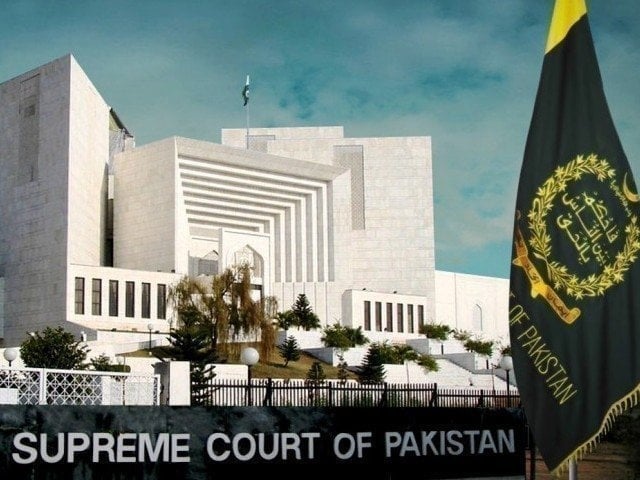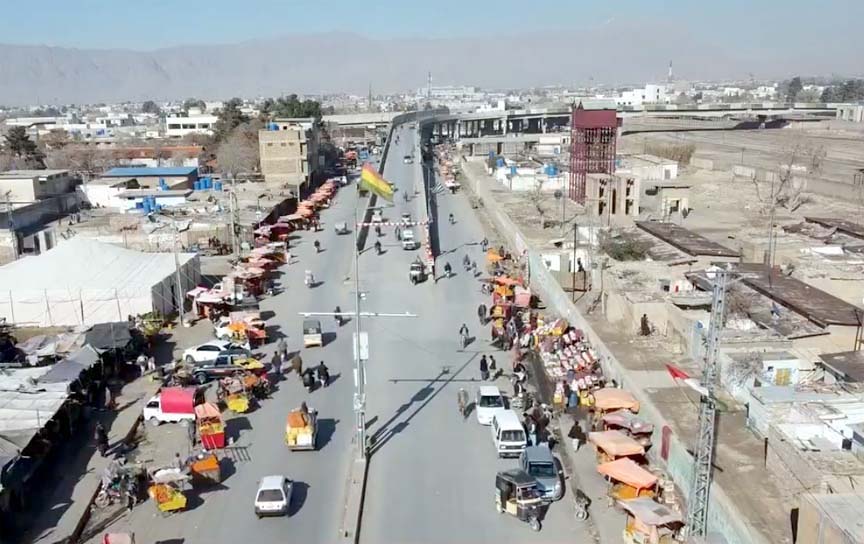Speculation Over Governor’s Rule in Khyber Pakhtunkhwa Intensifies Amidst Violent Protests

Islamabad:Speculation about the imposition of Governor’s Rule in Khyber Pakhtunkhwa, which had been circulating for several days, has gained momentum following the violent events during recent protests in Islamabad. Federal ministers, along with Jamiat Ulema-e-Islam (JUI) Chief Maulana Fazlur Rehman and Pakistan Peoples Party (PPP) Chairman Bilawal Bhutto Zardari, have strongly opposed the imposition of Governor’s Rule, calling it unconstitutional and undemocratic.
The province’s major political party, the Awami National Party (ANP), has also voiced its strong opposition to Governor’s Rule. However, the Governor of Khyber Pakhtunkhwa, Faisal Karim Kundi, who is affiliated with the PPP, has not opposed the implementation of Governor’s Rule, citing the province’s security situation as a justification. On the other hand, the Chief Minister of Khyber Pakhtunkhwa, Ali Amin Gandapur, has openly challenged the federal government, daring them to impose Governor’s Rule if they have the courage.
Under the Constitution, Governor’s Rule can be imposed in a province during an emergency, but following the 18th Amendment, it now requires the approval of the provincial assembly. This has made it more difficult for the federal government to implement Governor’s Rule in a province with a government from an opposing party.
According to Article 232 of the Constitution, if the country’s security is threatened due to war or internal and external dangers, and the provincial government is unable to cope with it, the President can declare an emergency and impose Governor’s Rule. However, the condition is that the relevant provincial assembly must approve the decision through a simple majority. If the provincial assembly does not approve it, then approval from both the National Assembly and the Senate is required within 10 days. Given this condition, imposing Governor’s Rule in Khyber Pakhtunkhwa appears difficult, as the provincial assembly, dominated by Pakistan Tehreek-e-Insaf (PTI), is likely to oppose it.
Historically, Governor’s Rule has been imposed in Pakistan in exceptional circumstances. In 2013, former President Asif Ali Zardari imposed Governor’s Rule in Balochistan under Article 234 of the Constitution following a prolonged sit-in by Shia protesters in Quetta after two suicide bombings that claimed over 100 lives from their community. Similarly, in 2009, Zardari imposed Governor’s Rule in Punjab following a political crisis after the disqualification of Chief Minister Shahbaz Sharif. In that case, the administrative powers were handed over to Governor Salman Taseer, but the rule was lifted after a few weeks.
As the political landscape continues to evolve, the question of Governor’s Rule in Khyber Pakhtunkhwa remains a contentious issue, with significant legal and political hurdles to overcome.





